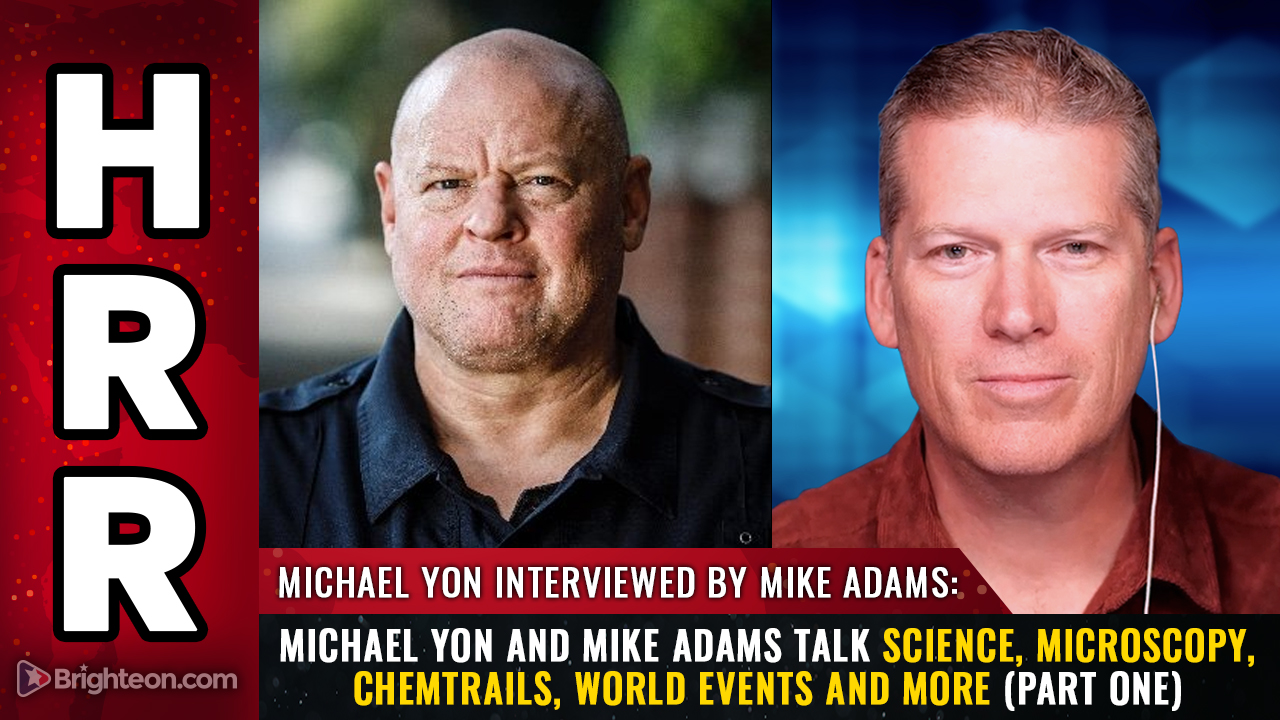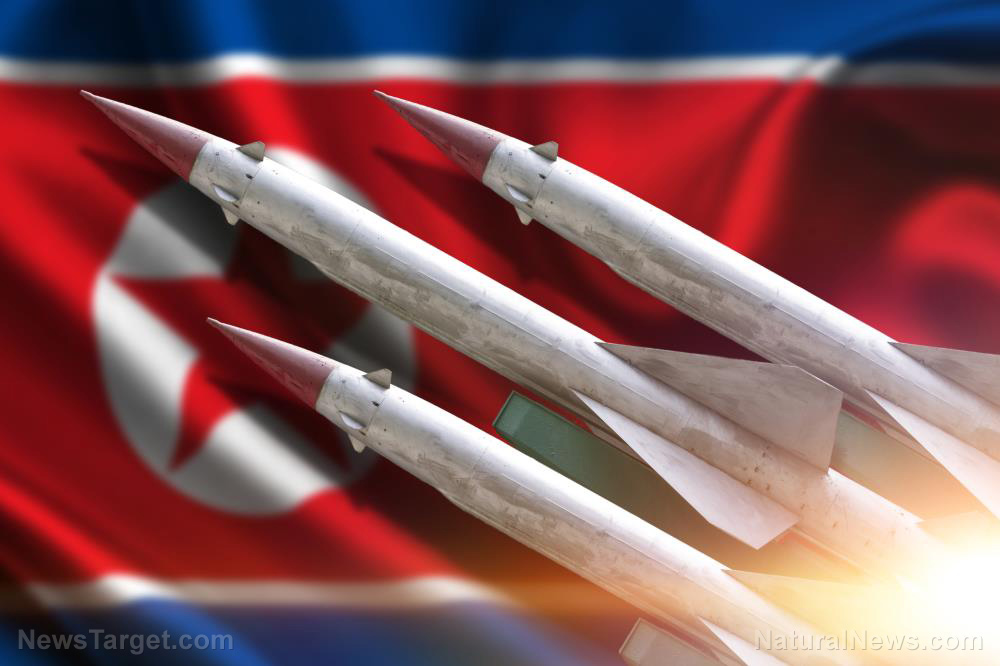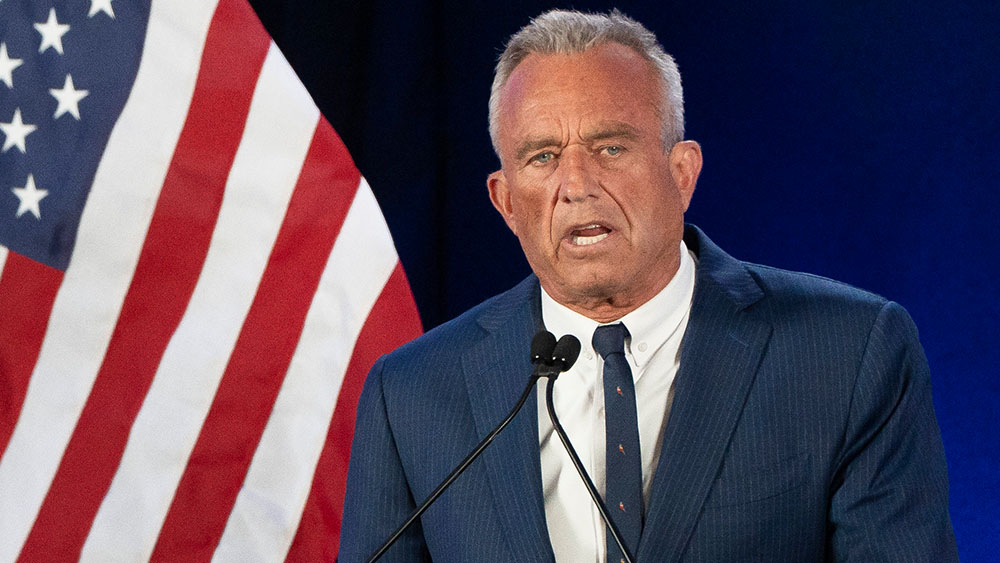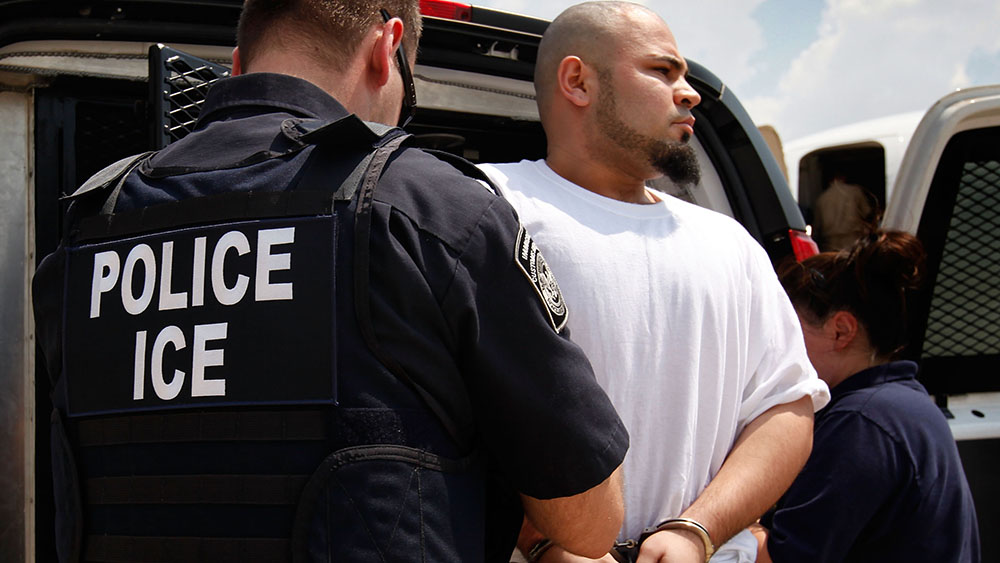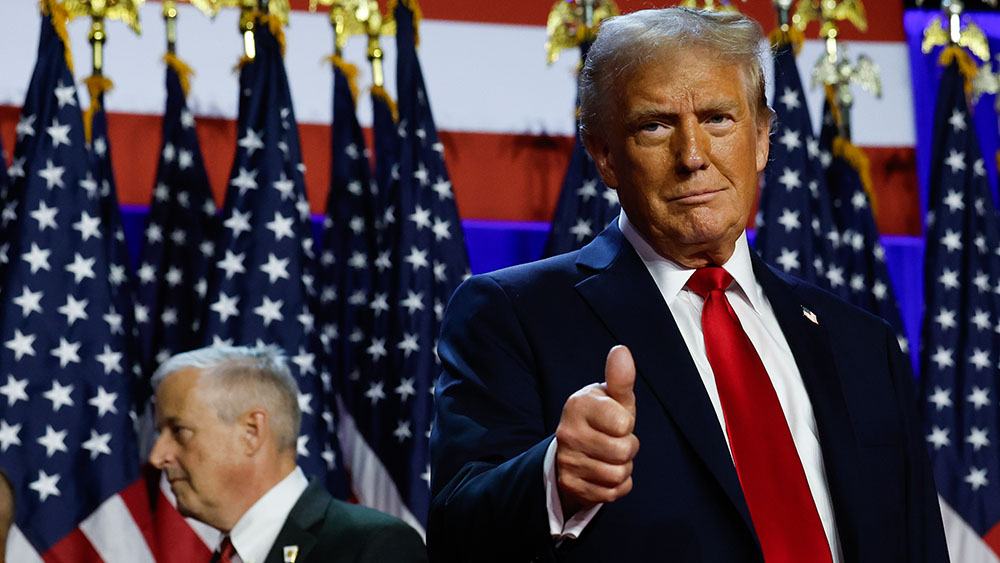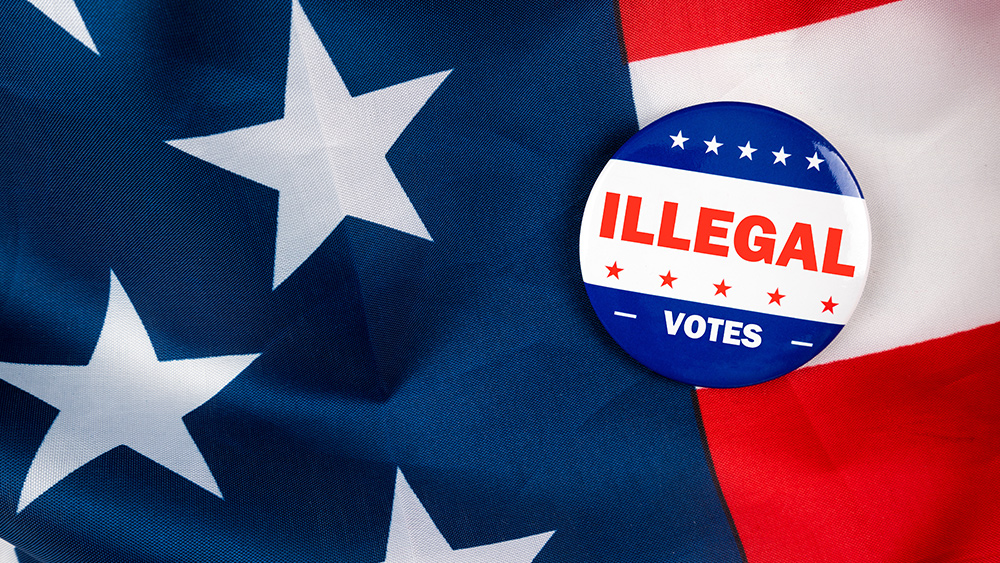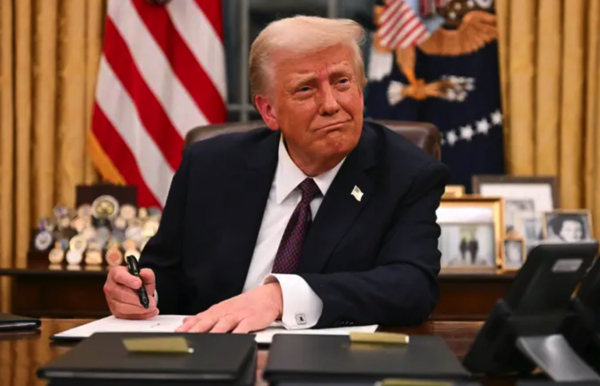“We had lunch in Israel once”: New questions swirl over Epstein’s intelligence links
05/25/2025 / By Willow Tohi
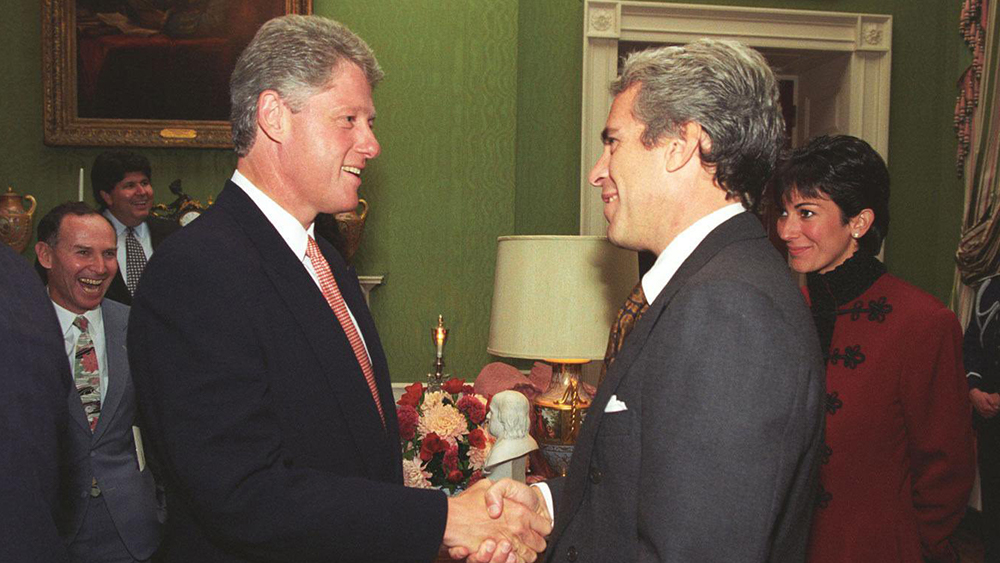
- Jeffrey Epstein’s 2007 plea deal, negotiated by Alan Dershowitz, allegedly hinged on unproven claims of Epstein’s intelligence ties.
- Dershowitz admitted during a 2025 interview that the deal was influenced by Epstein’s supposed affiliation with intelligence but later hedged his statements.
- Former Mossad handler Ari Ben-Menashe and others allege Epstein orchestrated “honey-pot” operations for Mossad, targeting political figures.
- Epstein’s ties include connections to Mossad agent Robert Maxwell, financier Leslie Wexner and Israeli-aligned hypersurveillance networks.
- Shifting narratives from Dershowitz and FBI official Dan Bongino amplify scrutiny over U.S. accountability and intelligence secrecy.
A recent interview with Alan Dershowitz, the lawyer who brokered a controversial 2007 plea deal for disgraced financier Jeffrey Epstein, has reignited debates about Epstein’s alleged ties to intelligence agencies and the extent of government overreach in shielding him from prosecution. During the conversation, Dershowitz ambiguously admitted that he knew Epstein was told to have “belonged to intelligence” but hedged on whether he believed it, contradicting his previous denials of Epstein’s Mossad links. Meanwhile, newly surfaced testimonies and historical context reveal a pattern of cooperation between Epstein’s associates and Israeli intelligence, casting doubt on official narratives and judicial transparency.
The unchecked deal: Acosta, Dershowitz and “above their paygrade” claims
In 2007, then-U.S. Attorney Alex Acosta faced mounting pressure to prosecute Epstein amid voluminous evidence of child sexual abuse. Instead, he accepted a plea deal negotiated by Dershowitz, which limited Epstein to short prison terms and avoided federal indictment. Acosta later disclosed he was advised by “a higher authority” that Epstein stood “above his paygrade,” a phrase interpreted to mean Epstein was “working for intelligence.”
New revelations underscore Dershowitz’s pivotal role. During a May 2025 interview with conservative influencer Benny Johnson, Dershowitz confirmed he oversaw the deal after being told Epstein was an intelligence asset but added, “Hmm. I don’t know. It’s possible. We had lunch in Israel once, I think.” He sidestepped direct questions on whether he believed Epstein was an asset, muttering, “Epstein killed himself… or was killed.” This contrasted sharply with his earlier insistence in 2023 that Epstein “was not a Mossad agent.”
Mossad allegations: Honey-pot operations and double lives
Epstein’s alleged espionage role is bolstered by testimony from multiple sources, including former Mossad agent Ari Ben-Menashe, who claims Epstein ran a “honey-pot” operation to lure politicians into compromising situations for intelligence-gathering. Ben-Menashe, a controversial figure with proven Mossad ties, detailed in a 2019 book how Epstein and Ghislaine Maxwell targeted global elites, including Prince Andrew, photographing encounters to blackmail adversaries.
Two further testimonies corroborate the narrative:
- Steven Hoffenberg, Epstein’s former Wall Street partner, testified Epstein “told me Ghislaine Maxwell would be his passport to the Israeli agency.”
- An anonymous former girlfriend of Epstein claimed he “bragged” about his Mossad connections and described Maxwell nudging their victims toward “strategic” interactions.
Ben-Menashe’s claims align with documented links between Epstein’s network and Israeli interests: Robert Maxwell, Ghislaine’s father, was a proven Mossad collator; financier Leslie Wexner, who bankrolled Epstein, was a founder of the pro-Israel Mega Group; and Epstein himself frequented technology hubs in Herzliya, Israel, a center for Mossad undercover operations.
Shifting tones and retreating narratives
Dershowitz’s noncommittal remarks mirror broader patterns of evasion. Dan Bongino, FBI official and conservative commentator, abandoned his 2019 calls for a full Epstein investigation, now declaring the case “closed” with Epstein’s death. Similarly, White House Press Secretary Karoline Leavitt deflected questions about Epstein’s ties to intelligence at a May 19 press briefing, citing the DOJ’s vague commitment to releasing classified files.
The abrupt silences and retracted claims have fueled public skepticism. “When officials who once demanded accountability suddenly ‘remember’ nothing, credibility erodes,” noted investigative journalist Kim Iverson. The scrutiny extends beyond Epstein, questioning how U.S. authorities balance national security interests with the rule of law—particularly when transparency is sacrificed to protect “assets” with lawless agendas.
Why this matters in 2025: Trust deficits and shadows over governance
Epstein’s story is a cautionary tale for contemporary national security debates. At its core, it asks whether U.S. intelligence agencies and their allies abroad wield unchecked power, immunizing predators like Epstein while deniability is preserved through secrecy. The case intersects with ongoing controversies over U.S. funding for proxy wars—including those projected onto Israel’s military actions—and the ethical boundaries of “assets” in espionage.
As more evidence surfaces—encrypted files like those held by now-exiled Florida deputy sheriff John Dougan, or Epstein’s alleged coordination with MI6—public trust in institutions hinges on whether officials will act decisively. “The question isn’t just about Epstein,” said Iverson. “It’s about whether we want a nation where justice is a side deal served on a CIA honor system.”
Sources for this article include:
Submit a correction >>
Tagged Under:
big government, conspiracy, corruption, deception, deep state, epstein, intelligence asset, Jeffrey Epstein, mossad, real investigations, White House
This article may contain statements that reflect the opinion of the author
RECENT NEWS & ARTICLES
COPYRIGHT © 2017 BIG GOVERNMENT NEWS




